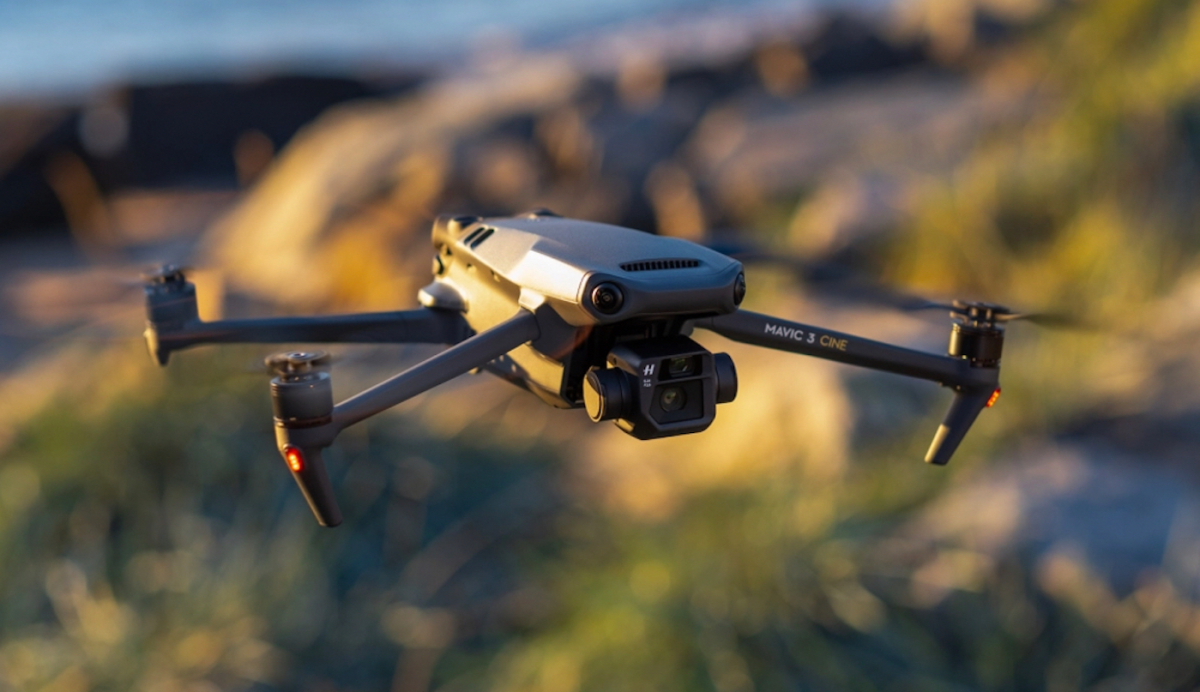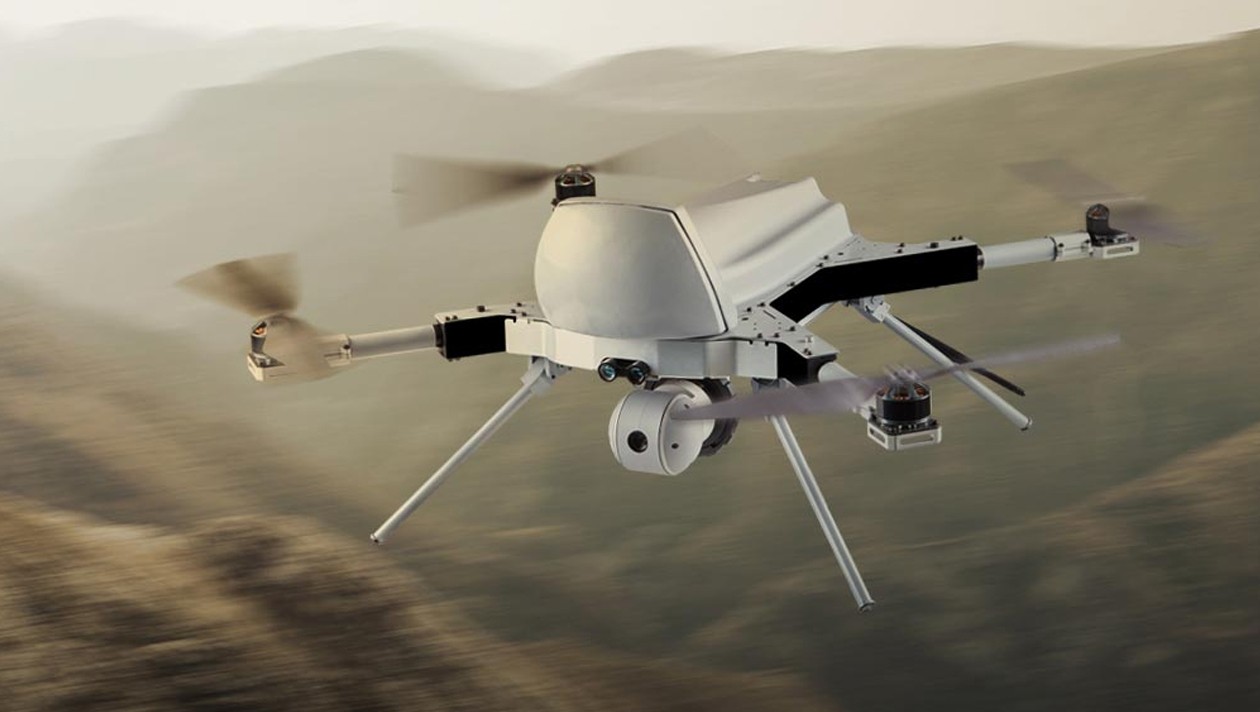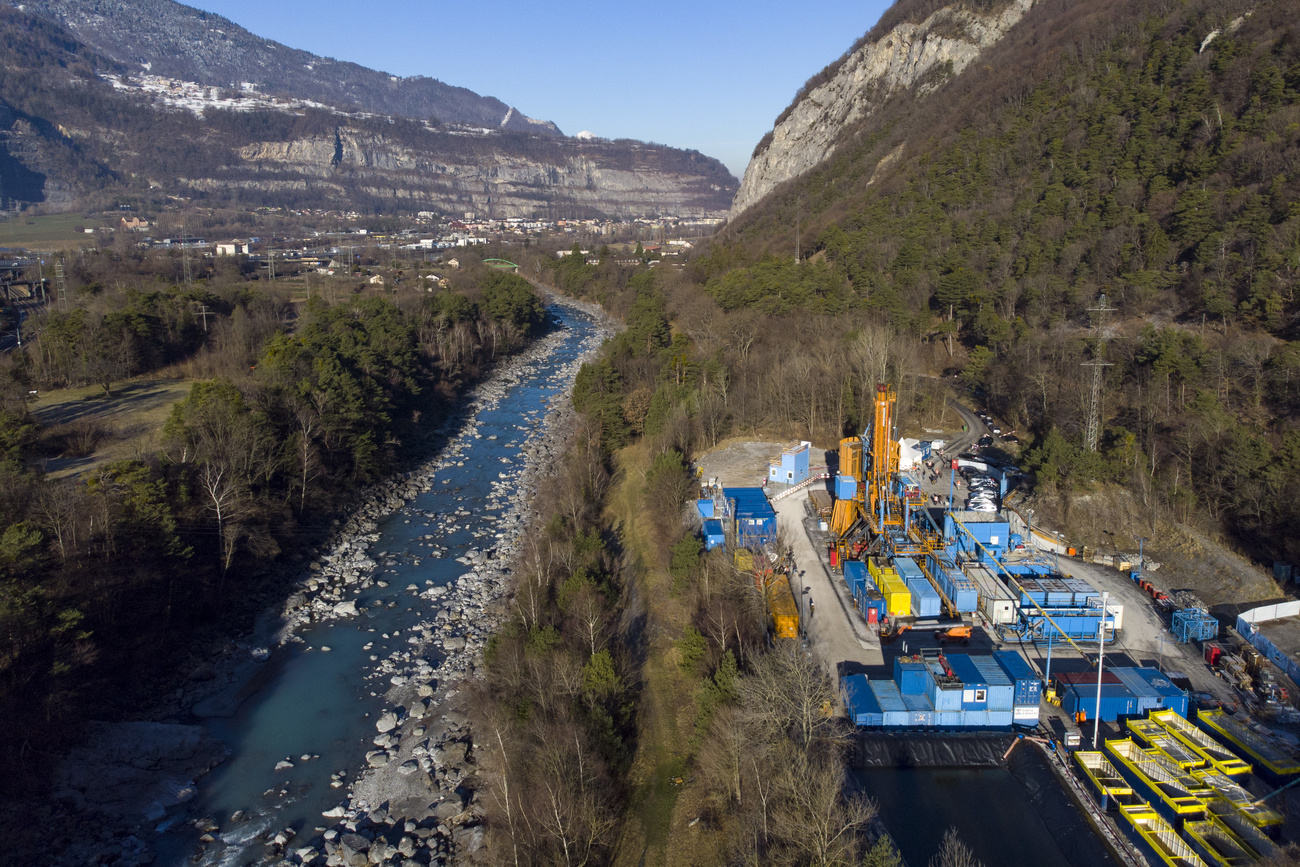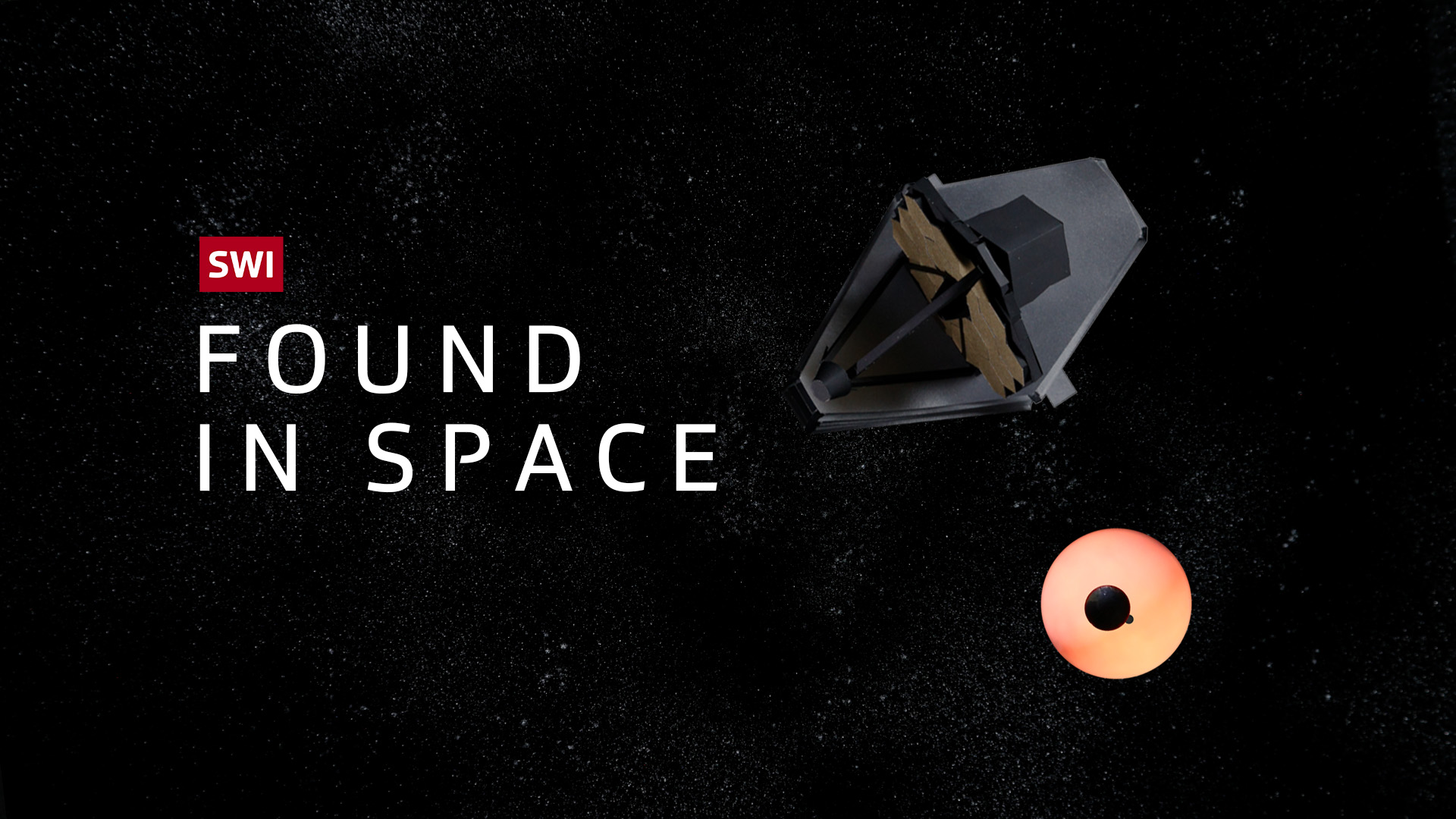War and peace: dual-use technologies divide
New technologies, developed to improve our society, are increasingly being used to wage war. Switzerland, which leads the development of autonomous drones, is very much affected by this phenomenon. But regulating it is very difficult and requires a joint effort by the international community – a tall order when interests collide.
The war in Ukraine has emphasised that all innovations can have both civilian and military applications.
It’s a two-way street that has significantly improved our lives. Thanks to military innovation, humankind has been able to benefit from inventions that we can no longer do without, such as the internet, GPS or digital cameras. But these days, it is increasingly civilian research feeding the military, rather than the other way round, especially in emerging fields such as robotics and artificial intelligence (AI).
In Switzerland, this phenomenon is becoming increasingly controversial. In fact, the federal government is leading the development of autonomous drones and machine learning and recognition systems, two technologies that fuel lethal autonomous weapons or killer robots. I wrote about this in my recently published article.

More
Swiss army uses drone technology. Should we worry?
Are international talks DOA?
Although international humanitarian law applies to all types of weapons, the use of emerging technologies – particularly those driven by AI – is not explicitly regulated by any agreement. The United Nations and other international organisations are pushing for a binding international treaty prohibiting autonomous weapon systems. In JulyExternal link, a meeting of experts from various countries will be held in Geneva to try to advance negotiations along these lines. But there are already rumours that it will be a washout.
Countries such as the United States, Russia, Turkey, South Korea, Israel and the United Kingdom are opposed to a ban on lethal autonomous weapons. All these states are investing heavily in this technology. Switzerland, as always, takes a more moderate stance: although it considers it necessary to develop binding regulations, it is against a total ban, because it believes that this would also limit research and ban technologies that could be useful for the general population.
You can read more in the article that my colleague Sibilla Bondolfi and I wrote on this subject.

More
Ban on ‘killer robots’ faces showdown in Geneva
Have your say
Do you think it would be right to ban autonomous weapon systems? Should we fear that the results of research conducted in Switzerland will be used to power killer robots? Let me know what you thinkExternal link or join my debate:
More
More science and technology: my top picks

More
Can deep geothermal projects help secure Swiss energy independence?

More
Switzerland’s forests of the future

More
The challenge of going vegan: why I’m putting engineered foods on my plate

More
The expedition comes to an end

More
A glimpse into the origins of the universe

More
Mapping Africa’s disease transmission hotspots

In compliance with the JTI standards
More: SWI swissinfo.ch certified by the Journalism Trust Initiative










You can find an overview of ongoing debates with our journalists here . Please join us!
If you want to start a conversation about a topic raised in this article or want to report factual errors, email us at english@swissinfo.ch.